I talk to Peter Shane, distinguished scholar in residence at NYU. We examine the "unitary executive theory," the long Anglo-American tradition of dividing and limiting executive power, how to have government do big things without becoming tyrannical, and how he would recommend amending the Constitution.
See his article on Unitary Executive Theory at The UnPopulist.
Or watch the interview here:
I don’t know what’s going on with the lighting, but in this case, the orange man is good.
The Library of Who?
One of the issues we talk about here that is not in Peter Shane’s previous article is that of course executive power cannot be unitary because each of the other branches of government has executive functions that must be under its own control.
The judiciary needs to build and maintain courthouses and hire bailiffs and pay the salaries of judges—and if all that is totally dependent on the president, if the judiciary has no independent executive functions, then it will have no independence as a branch of government.
Just after I recorded this interview, we got the best example: Trump trying to take over the Library of Congress. As I put it at The UnPopulist, “The question of who controls the Library of Congress would seem to be answered in the name itself: It is the Library of Congress.” And this is not a minor issue, because the Library of Congress also serves as the research arm for the legislature. This is another case in which an independent branch of government, the legislature, must be able to have independent executive functions, or it forfeits its ability to function.
I keep hammering this, because the unitary executive has a strangely devoted following among even the sane and reasonable classical liberals—but if this theory is taken to its logical conclusion, it results in a unitary government with only one branch and one man. It is a theory of autocracy.
A Note on the Future
Symposium has not been very active lately, for a number of reasons. First, it has been a victim of its own success, which is to say that it yielded so many opportunities for me to do things at other publications that I had less time for this one. And Symposium was also designed to be nonpartisan and avoid electoral politics, which is not entirely compatible with the current political environment.
More deeply, my original idea for this publication was to draw people together for conversations across the political aisle. And in the Biden administration, or in the first term of a Kamala Harris administration, that would have been a productive and appropriate undertaking.
But for reasons I have detailed elsewhere, we are in a fundamental crisis, a constitutional collapse that is changing our basic system of government. In these circumstances, there aren’t two sides of the aisle. There are only pro-democracy publications—and everyone else.
So this will simply be a pro-democracy publication, and the interview above is the beginning of a series of podcasts on the threats to democracy, how to revive it, the basic cultural reforms that are needed to protect it, and how we can amend the system to make it stronger.

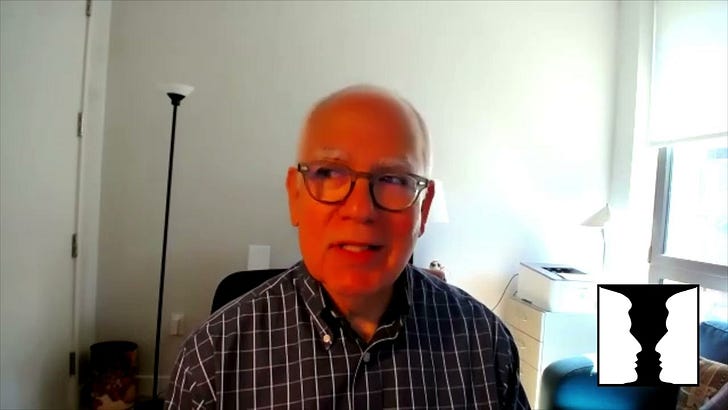



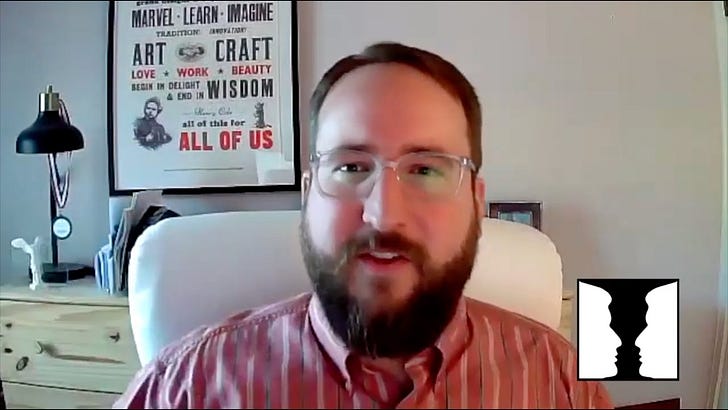


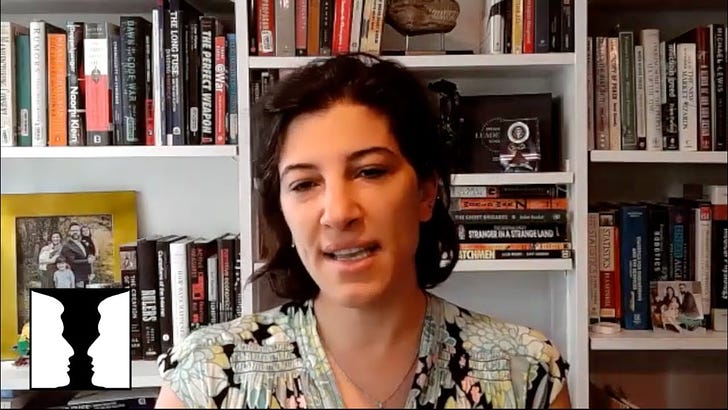
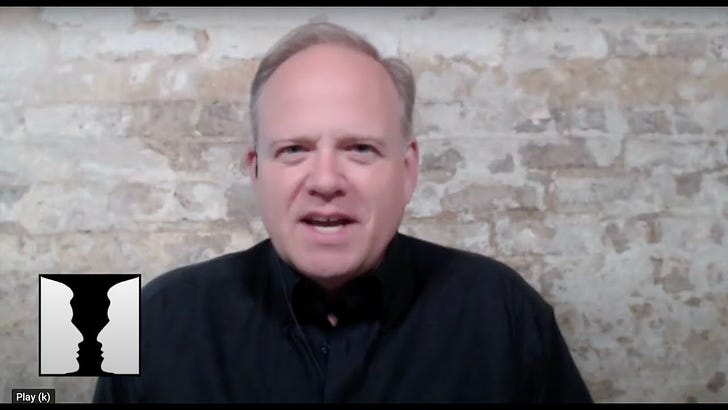
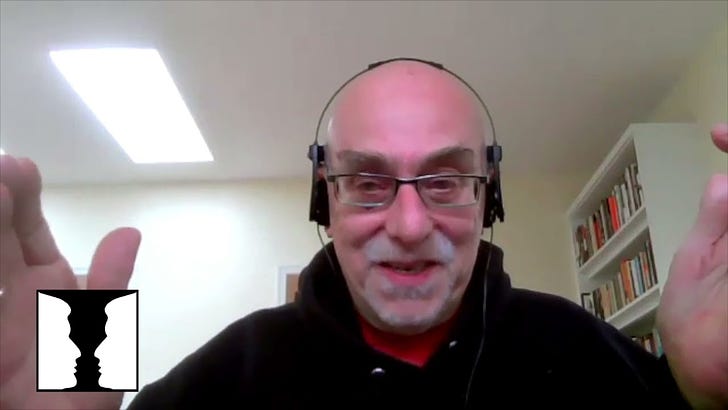
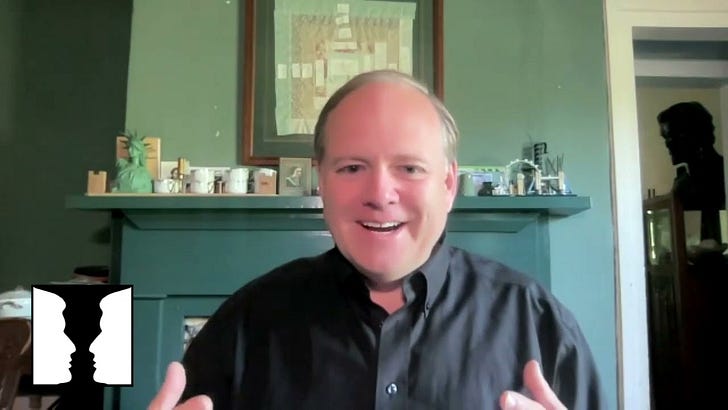
Share this post